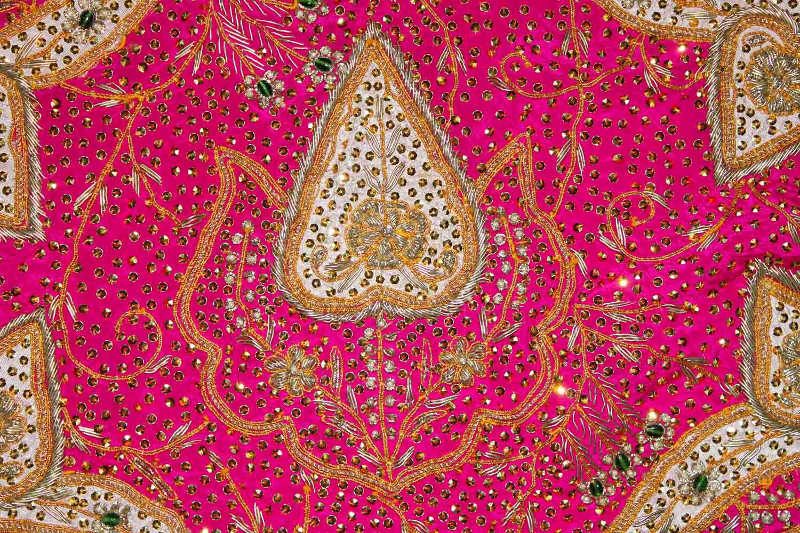===
0973,
1
===

=== |
 |
kumhlānā : 'To fade, wither, droop; to become blighted; to faint or sink (as the heart)'. (Platts p.849)
nazākat : 'Softness, tenderness; —delicacy; neatness; elegance; politeness'. (Platts p.1136)
mailā : 'Dirty, filthy; foul; soiled; defiled; nasty; —sad, troubled, vexed, annoyed'. (Platts p.1107)
lat̤āfat : 'Slimness, slenderness, delicateness; fineness, thinness, tenuity, subtility; neatness, elegance, grace, beauty; purity; delicacy'. (Platts p.957)
FWP:
SETS == EXCLAMATION
MOTIFS
NAMES
TERMSUsually the beloved is happy in the garden, for she dominates it with her beauty; here, however, she is so delicate that when she merely smells a flower she becomes faint-- perhaps from some kind of allergic reaction, or perhaps merely from the effort involved in taking a few deep breaths. The verb kumhlānā works well here, since one of its meanings is 'to wither'-- and in this verse, the beloved withers faster than the flowers in the garden. Similarly, the beloved can't be touched-- even a single touch would render her 'dirty', or 'sad', or 'vexed' (see the definitions above).
That degree of 'princess and the pea' refinement seems so excessive that I'm tempted to think of the verse as some kind of humorous parody of ghazal themes. But SRF and many other Mir fans form a large cheering section, so I feel decidedly outvoted.
Note for meter fans: That unusual word kumhlānā is to be pronounced and scanned with the mh treated as a single conjunct consonant. For a more common such case, think of tumheñ .